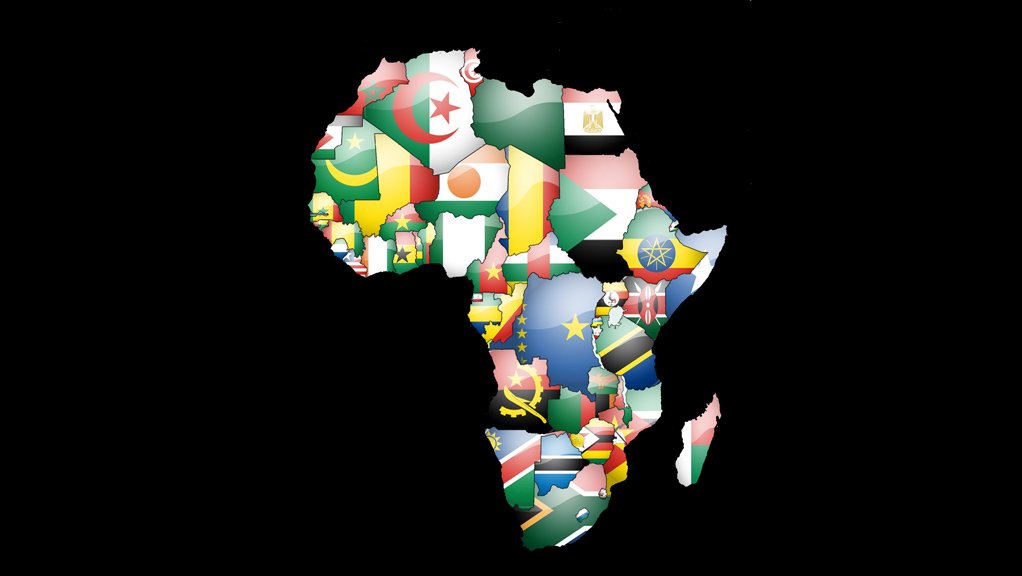The African Continental Free Trade Area (AfCFTA) will not receive the required attention and political will if it is launched in June, amid the coronavirus (Covid-19) pandemic.
This was according to risk management consultancy Signal Risk Director and Fellow at the Centre for African Management and Markets at the Gordon Institute of Business Science Ronak Gopaldas.
He was speaking during a virtual discussion, organised by The South African Institute of International Affairs, the BRICS Policy Centre, based in Brazil and the Konrad Adenauer Foundation, and which focussed on the regional and international responses to Covid-19.
Gopaldas said the free trade agreement was an African solution to African problems and not delaying the trade deal could compromise the credibility of the deal.
While it had taken some time to get political buy-in from across the continent, he was optimistic that the agreement would eventually be pushed back.
He said that, effectively, all governments around the world were participating in a 'triathlon' of governance which entailed dealing with politics, healthcare and the economy.
“To be successful in a triathlon you need coordination, discipline and skill and the same applies to countries battling the Covid-19 pandemic. In an African context we have seen mixed results. It’s a large continent, it’s not homogenous, we have seen some good, bad and some ugly,” said Gopaldas.
He noted that a coronavirus resilience index showed Mauritius and South Africa were dealing effectively with the pandemic through evidence-based and scientific policies.
He added that both countries have been transparent in their public communications.
On the flip side, Gopaldas said it was alarming to see leaders such as Tanzanian President John Magufuli relying on religion rather than science and displacing data with fake news.
“In Madagascar, we have heard of a herbal remedy which is being pushed as a cure for Covid-19 without going through robust scientific protocols. That speaks to a kind nationalist leadership which is worrying and is unlikely to be effective,” he said.
Because the virus landed in Africa later, compared with other parts of the world, it had bought governments time to implement lockdowns, restrict travel, close borders and prepare for health emergencies.
“From a continental regional body perspective I think the African Union (AU) has been impressive. The Africa Centres for Disease, Control And Prevention (Africa CDC) has been very proactive in providing expertise, technical and logistical to AU member States and their citizens, particularly those who are weaker, through the AU crisis fund,” Gopaldas said.
He praised the interface between the World Health Organisation, the United Nations Economic Commission for Africa and the Africa CDC.
However, the virus had provided a triple-shock for the African continent. He said the continent was trying to deal with Covid-19, commodities and confidence.
“In many instances countries are having to choose between spending on public health or spending to service interest payments. A country like Zambia, a few weeks ago was spending 75% on its Eurobonds, which is unsustainable. Most rational governments from a political perspective would rather spend money on the domestic populations rather than on credit,” he explained.
Impressively, the AU had come up with a common collective negotiating position to try and negotiate a debt standstill, he pointed out.
On China–Africa relations, he said the picture was quite different and mentioned the reports of xenophobia in the country.
“We know that China has been extremely influential but their image has suffered in the past few weeks because the lack of transparency in terms of its handling of the pandemic has upset a lot of African leaders and influential Africans,” Gopaldas stated.
He said it would be interesting to see if we see China in a post-Covid-19 world.
“China will pull all the levers it has to mend the damages and we have seen people like Jack Ma helping the African countries. It is going to pull the economic and diplomatic levers in a way that it manages this relationship with the various countries on the continent in a pragmatic way,” Gopaldas predicted.
EMAIL THIS ARTICLE SAVE THIS ARTICLE ARTICLE ENQUIRY
To subscribe email subscriptions@creamermedia.co.za or click here
To advertise email advertising@creamermedia.co.za or click here











